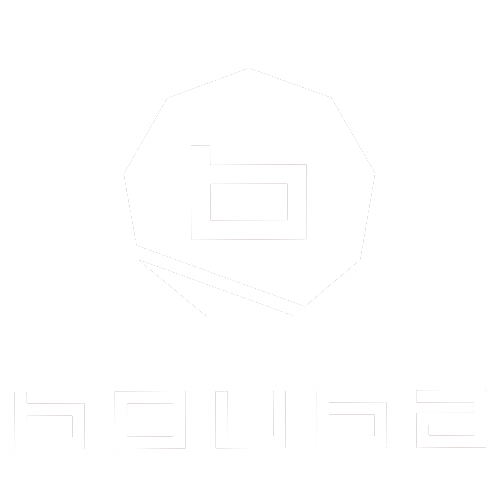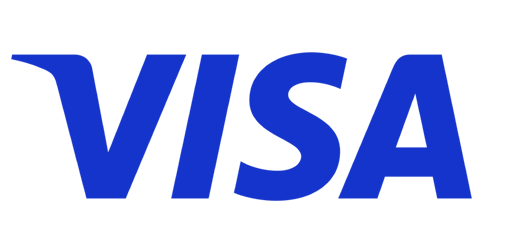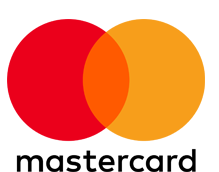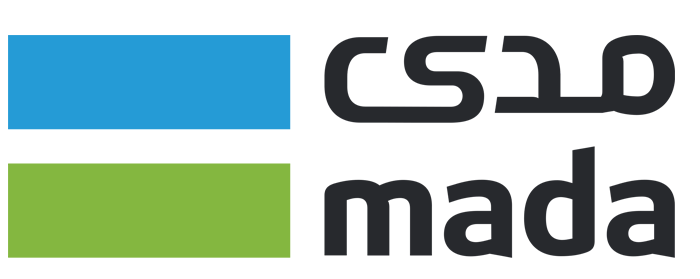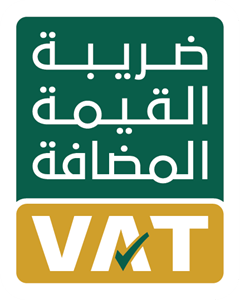Reflecting on your learning journey serves multiple purposes:
Increases Self-Awareness: Reflection helps you understand your strengths, weaknesses, and learning preferences. This self-awareness is crucial for personal and professional growth.
Enhances Critical Thinking: By evaluating your experiences, you develop critical thinking skills that enable you to analyze situations more effectively and make informed decisions.
Promotes Lifelong Learning: Reflection fosters a mindset of continuous improvement, encouraging you to seek new knowledge and skills throughout your life.
Identifies Goals: Through reflection, you can identify what you want to achieve moving forward, setting clear, actionable goals for your development.
